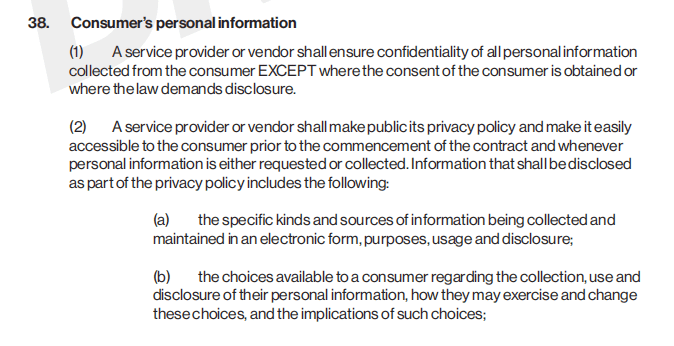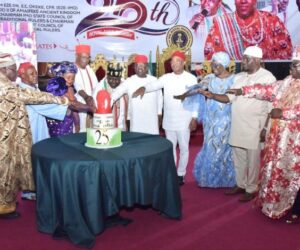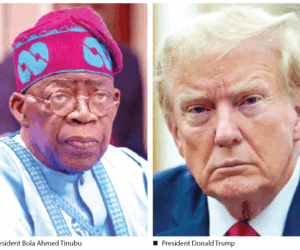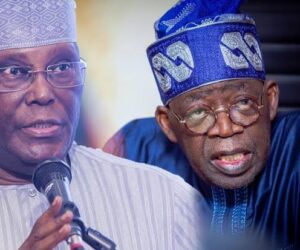Nigeria’s National Digital Economy Bill, 2025, now awaiting President Bola Tinubu’s signature, is set to become the legal foundation for how the country conducts business, delivers government services, and participates in the global digital economy for decades to come.
Communications Minister Bosun Tijani calls it a catalyst for Nigeria’s ambitious $1 trillion economy target. This bill, which would be the first of its kind in Africa, touches nearly every aspect of how Nigerians interact with technology, from sending emails to paying taxes online.
At its core, the bill does something seemingly simple but profoundly important. It makes electronic transactions legally valid. Right now, many Nigerian laws still require physical signatures, paper documents, and in-person appearances.
Under the legislation, electronic signatures carry the same legal weight as handwritten ones. Digital contracts are just as binding as paper contracts. Government agencies can accept electronic filings instead of requiring you to show up with printed documents.

The bill introduces the concept of “digital signatures” with specific security requirements, making them even more secure than traditional signatures. It also establishes rules for electronic timestamps, electronic transferable records like digital bills of lading for shipping, and how to properly store and retain digital documents.
It also recognises foreign electronic signatures and certificates, facilitating international digital trade. It provides a framework for electronic carriage of goods documentation, modernising Nigeria’s logistics and shipping industries.
Perhaps the most impactful section mandates that all government institutions, including ministries, departments, and agencies, must digitise their operations and services.
No more excuses. Every public institution must establish an ICT unit and deliver services electronically where possible. It also creates a national data exchange system that allows government agencies to share information seamlessly.


Imagine applying for a government service and not having to submit the same documents you've already given to another agency. That's the vision here.
In the same vein, the government’s procurement processes, revenue collection, and service delivery will all be automated and integrated.
The bill even requires that ICT infrastructure be included in the design of all new government construction projects, roads, railways, and buildings, so the country builds digital readiness into its physical infrastructure.
Public officers will need digital literacy certification for promotion, ensuring that government workers can actually use the systems being implemented.
The Digital Economy Bill transforms consumer rights and business
The bill dedicates an entire section to protecting consumers in electronic commerce.
Online vendors must provide clear, accurate information about products and prices in languages consumers understand. Consumers will also have the right to cancel orders before processing, and must be notified promptly if vendors can’t fulfil orders as promised.
Privacy provisions are substantial. Service providers must maintain confidentiality of personal information, clearly state their privacy policies, and limit data collection to what’s necessary for transactions.
If they transfer your data to third parties, they remain responsible for its protection.


There’s also a provision for cyber insurance, with regulations to be developed by the National Insurance Commission.
Importantly, the bill addresses unsolicited messages, spam and requires that such messages include clear unsubscribe options.
The legislation includes provisions against anti-competitive practices, with the regulatory agency, the National Information Technology Development Agency (NITDA), working with the Federal Competition and Consumer Protection Commission (FCCPC) to ensure fair digital markets.
The bill doesn’t joke compliance either. Organisations that fail to follow its provisions face fines starting at ₦10 million for corporate bodies. Individuals face ₦1 million fines for first offences, with higher penalties for repeat violations.
Minister Tijani noted that the digital economy’s contribution to GDP has grown from 16% to 19%, with a target of 21% by 2027. But the bill’s impact goes beyond percentages. It’s about creating an enabling environment for innovation, entrepreneurship, and fair competition.
The government has already begun work on investing in infrastructure – 90,000 kilometres of fibre-optic cable to connect every state and local government and nearly 4,000 new communication towers for underserved communities.


For the average person, this means simpler, faster access to government services. Renewing licences, applying for permits, accessing healthcare records, or interacting with any government service can happen online. Businesses can register, file taxes, and obtain permits digitally. Students can access educational services remotely.
The bill also establishes a framework for artificial intelligence (AI) adoption across critical sectors, positioning Nigeria to leverage emerging technologies responsibly.
Senate ICT Committee Chairman Shuaib Salisu called the bill “the backbone of the digital economy“.
It’s the legal infrastructure that makes everything else possible, from fintech innovation to e-government services to digital entrepreneurship. With stakeholders including the Nigerian Communications Commission, NIPOST, NICOMSAT, and Galaxy Backbone declaring their support, the bill has broad backing across the ICT sector.
Meanwhile, the Association of Licensed Telecommunications Operators of Nigeria (ALTON) has raised concerns about certain provisions in the proposed National Digital Economy and e-Governance Bill, 2025.
ALTON Chairman, Gbenga Adebayo, warned that certain clauses in the draft bill vest regulatory powers in NITDA that currently fall under the statutory mandate of the Nigerian Communications Commission (NCC).








